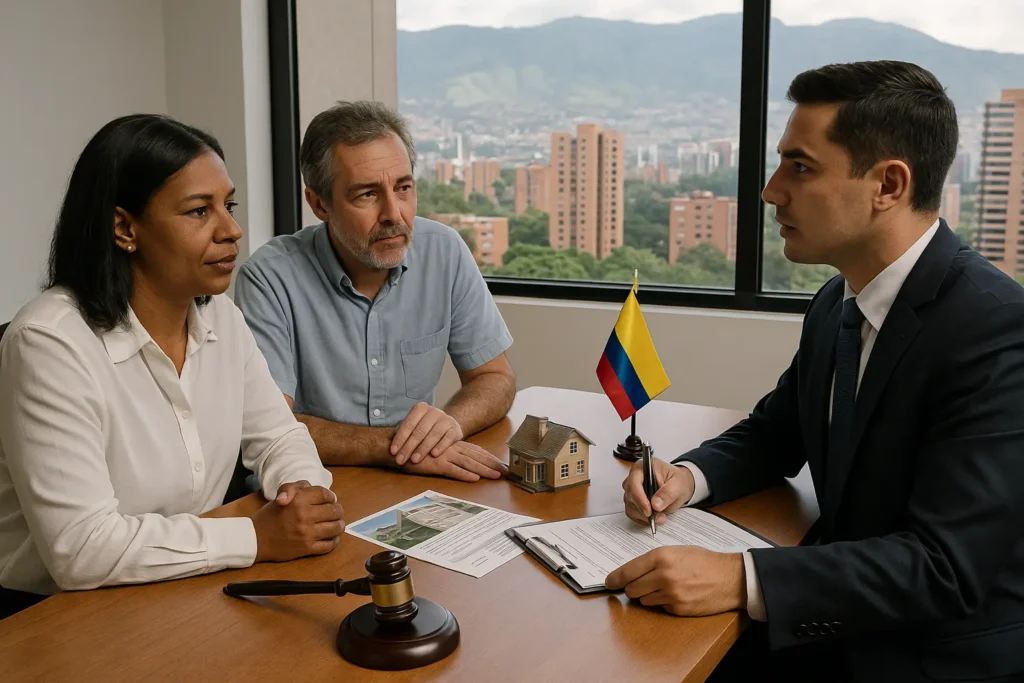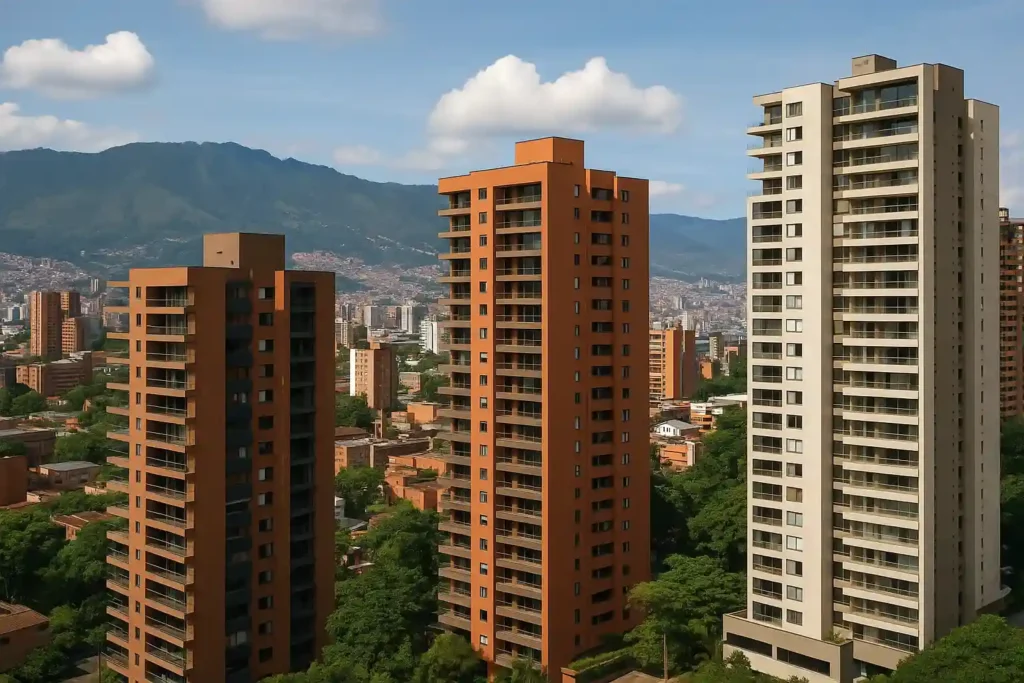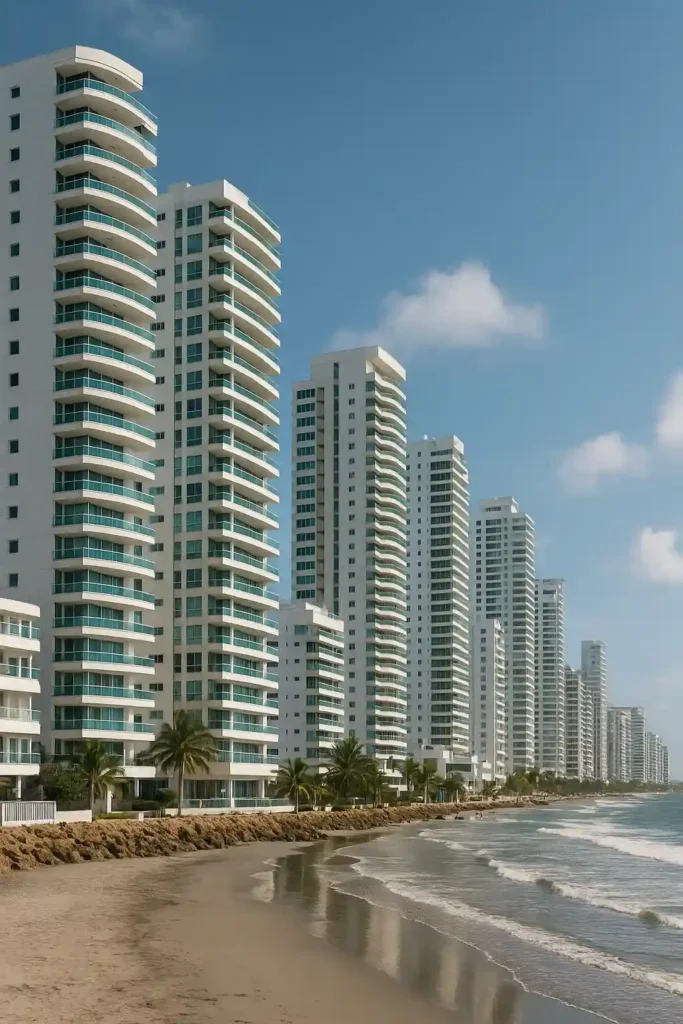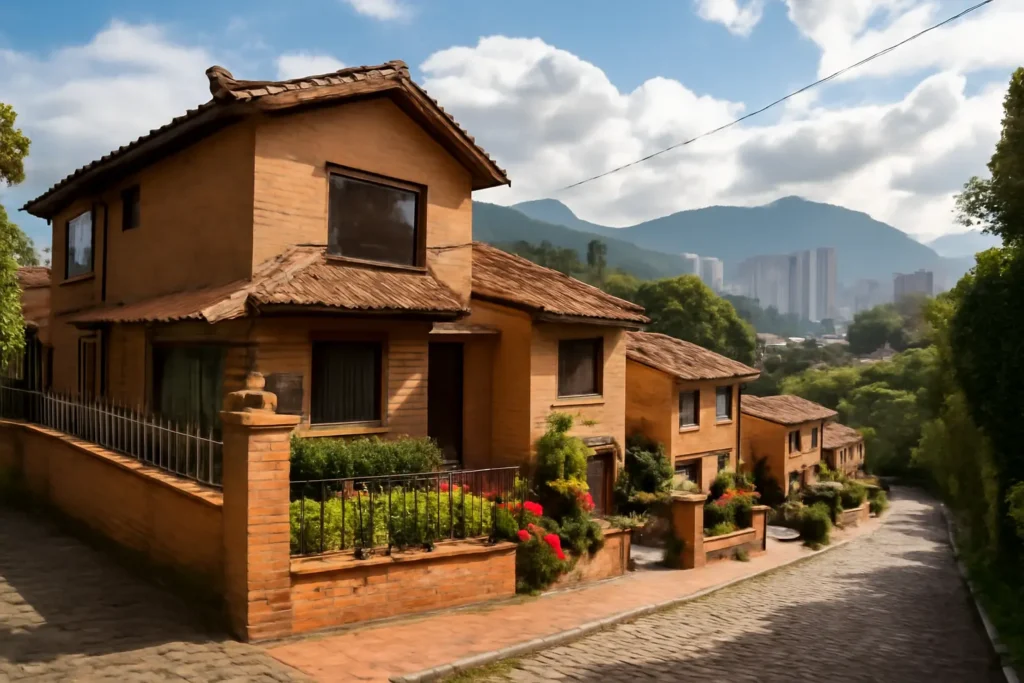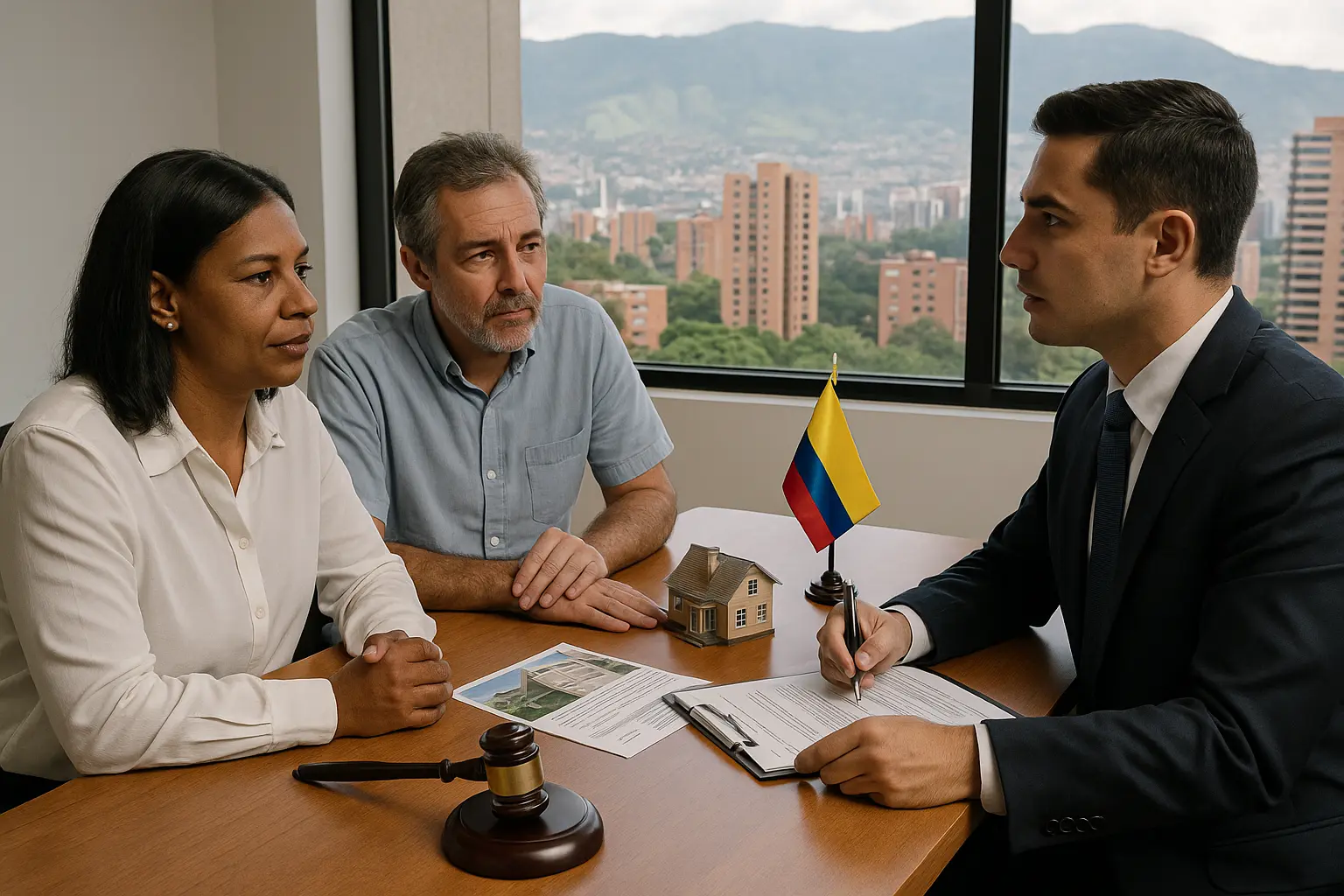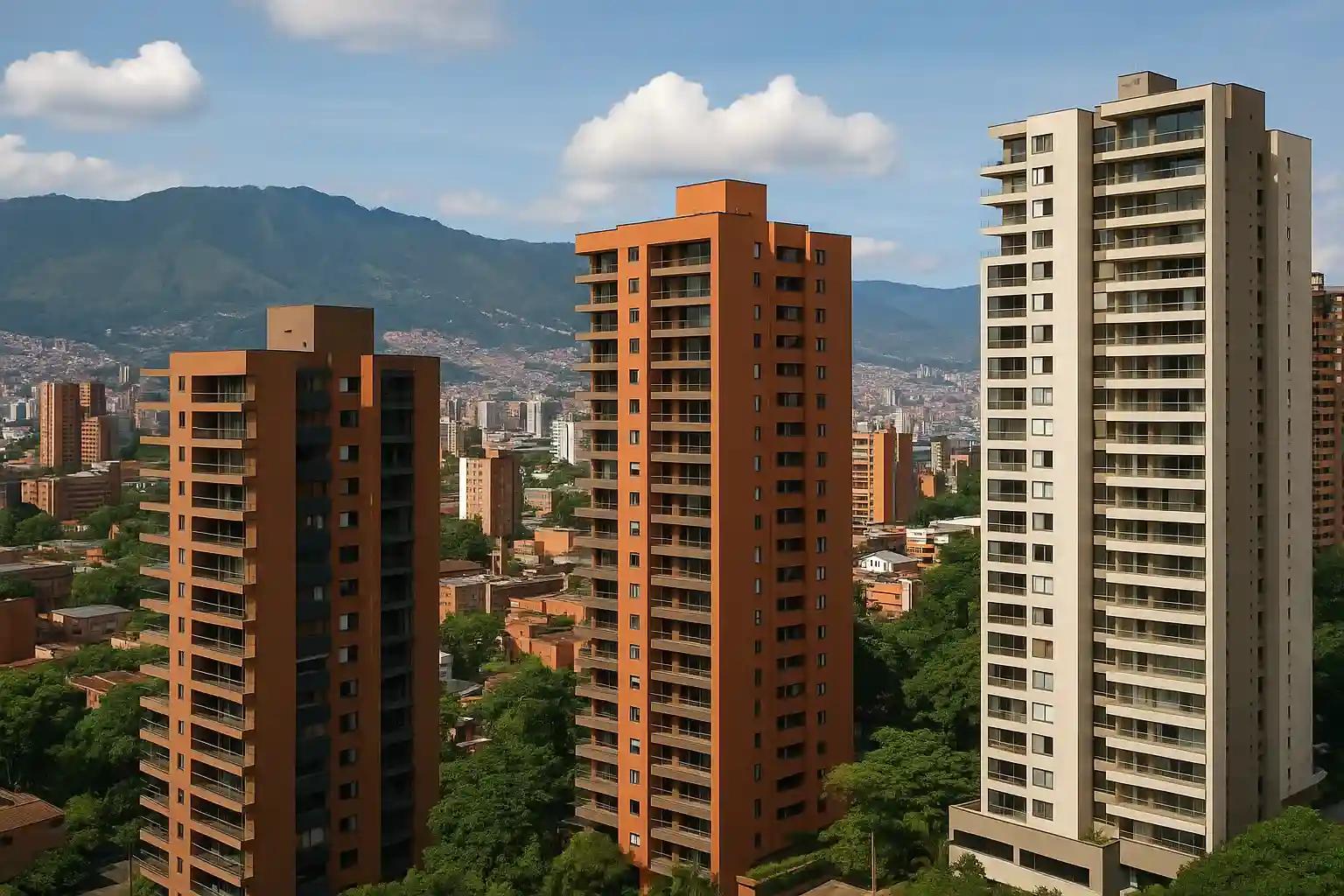The divorce process can be a complex and emotionally challenging experience, especially for foreigners living in or relocating to Colombia. Understanding divorce laws in Colombia South America is fundamental to ensure a smooth legal journey while minimizing stress. This article provides an in-depth guide to the legal requirements, processes, and common challenges associated with divorce in Colombia, equipping you with the knowledge needed to make informed decisions.
Divorce Laws in Colombia South America
In Colombia, the legal framework for divorce offers two main options: mutual consent divorce and contested divorce. Each option has distinct requirements and processes, depending on the couple’s circumstances.
1. Mutual Consent Divorce
It is the most amicable and efficient way to dissolve a marriage. Both spouses agree on key issues, making the process less contentious and faster. This type of divorce is typically handled by a notary and does not require court involvement. Principal aspects that couples must agree upon include:
- Child Custody and Support: Agreements on who will be the primary caregiver and how child support will be managed.
- Spousal Support: Determining if alimony is required and establishing its terms.
- Division of Marital Assets: Deciding how jointly owned property and financial assets will be distributed.
2. Contested Divorce
When mutual agreement is not possible, contested divorce becomes necessary. This process involves resolving disputes in family court, where a judge determines outcomes on unresolved matters. Common issues addressed during contested divorces include:
- Child custody arrangements and visitation rights.
- Financial support obligations, including spousal and child support.
- Division of marital property and assets.
Legal Grounds for Divorce in Colombia
The legal framework for divorce in Colombia outlines specific grounds upon which a contested divorce can be filed. These include:
- Infidelity: Extramarital affairs can serve as grounds for divorce.
- Abandonment: Leaving a spouse without justification or support.
- Abuse: Physical, emotional, or psychological abuse is recognized as a valid reason.
- Severe Incurable Illness: When an illness significantly impacts marital life.
- Prolonged Separation: Typically, a separation of two years or more.
Understanding these grounds ensures you are aware of the legal justifications for pursuing a divorce in court.
Requirements and Steps in the Divorce Process
Mutual Consent Divorce
For couples opting for mutual consent divorce, the process is streamlined and can often be completed within one to three months. Here’s how it works:
- Drafting the Mutual Agreement: Both spouses collaborate on a detailed agreement that outlines terms for child custody, financial support, and asset distribution.
- Submission to a Notary: The agreement is filed with a local notary, accompanied by important documents such as identification, marriage certificates, and prenuptial agreements (if applicable).
- Review and Approval: The notary reviews the agreement to ensure it complies with Colombian law and safeguards the interests of all parties, especially children.
- Finalization of the Divorce: Upon approval, the notary finalizes the divorce, making it legally binding.
Contested Divorce
Contested divorces involve a more elaborate legal process, which can take several months or even years. Here’s a breakdown of the key steps:
- Filing a Divorce Petition: One spouse initiates the process by filing a formal petition in family court, stating the grounds for divorce.
- Responding to the Petition: The other spouse is summoned to respond to the allegations and present their stance.
- Mediation Attempts: Courts often mandate mediation sessions to help the couple resolve disputes outside of court. If successful, mediation can save time and reduce conflict.
- Court Proceedings: When mediation fails, the case proceeds to trial. Both parties present evidence and arguments before a judge.
- Judgment and Decree: The judge delivers a final decision, resolving all outstanding issues and finalizing the divorce.
Common Pitfalls to Avoid During Divorce
Divorce laws in Colombia South America can be daunting, and mistakes can lead to delays and increased costs. Avoid these common pitfalls:
- Incomplete Documentation: Ensure all required documents, including marriage certificates, financial records, and identification, are accurate and complete.
- Ignoring Mediation Opportunities: Skipping mediation can escalate conflicts and prolong the divorce process unnecessarily.
- Overlooking Legal Advice: Engaging a qualified attorney early in the process can help avoid procedural missteps and ensure your rights are protected.
Benefits of Divorce Laws in Colombia
Divorce laws in Colombia South America offers significant advantages, including an efficient resolution of legal proceedings, as familiarity with the process can help expedite divorce cases. It also ensures cost-effective solutions by minimizing legal complications that often lead to prolonged and expensive litigation. Moreover, being well-informed prepares individuals emotionally by setting realistic expectations and reducing the stress associated with unexpected challenges.
Ready to Navigate Divorce Laws in Colombia South America with Ease?
At Colombia Law Connection, we specialize in simplifying the complexities of divorce laws in Colombia South America. Our experienced team provides tailored legal support to ensure a smooth and efficient process, saving you time, money, and stress.

